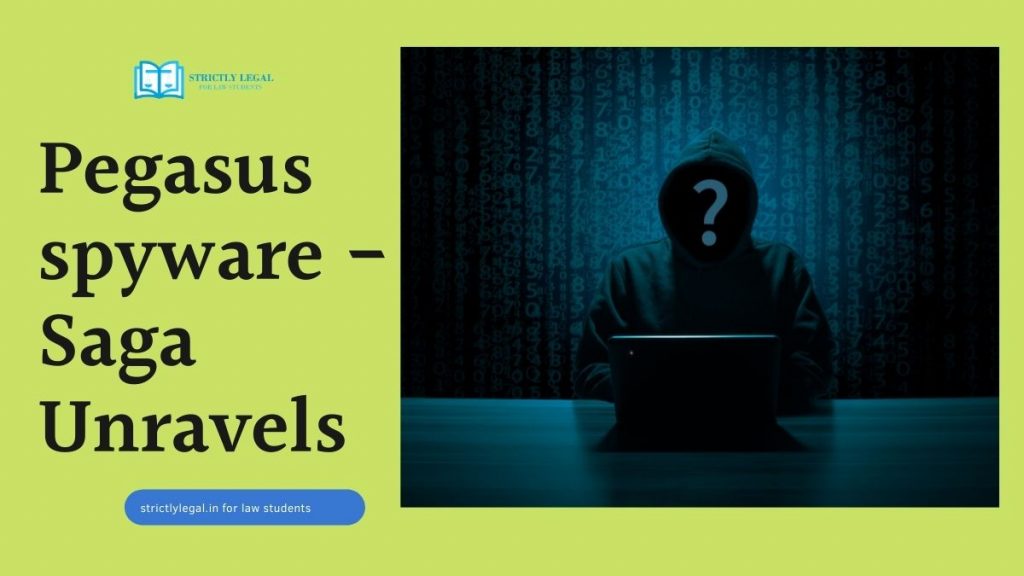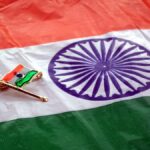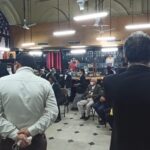When we hear about the word “Pegasus”, we normally imagine a white mythical, divine winged horse that derived its existence in Greek mythology but in today’s trend, this word has a totally different meaning. Pegasus in today’s world is spyware which is developed by the Israeli cyber arms firm NSO groups that can be installed in almost every mobile phone having an iOS or an Android version.
This blog was submitted by By- Khushi Agarwal and Yash Choudhary
Its mythological name can be used as a reference to a trojan horse computer virus that can be spread through “ flying through the air”, to infect cell phones. Its first identification came to light in the year 2016 whilst it failed attempt of installation in the iOS of a human activists’ organization. It has also been recognized as the “most sophisticated” smartphone attack ever and has also been recognized as the first jailbreak spyware to break the security of an iPhone.
According to the intelligence obtained by an Israeli newspaper, NSO has sold this spyware to the United Arab Emirates and other gulf countries for a whooping number of hundreds of millions of US dollars, for the purpose of carrying surveillance of anti-regime activities, journalists, and political leaders from its rival countries. Many human rights groups have said that this spyware installs a very sophisticated C and C (control and command) like infrastructure to set itself into the targeted Pegasus and extract relevant information such as domain name, DNS servers, and other network infrastructures.
Table of Contents
Spyware in India
Facebook in the year 2019, filed a suit against NSO, claiming that the spyware is being used to obstruct various communications via WhatsApp of a number of politicians, activists, journalists,s, and bureaucrats of the country. According to Project Pegasus 2021, many of the Indian ministers, opposition leaders, ex-election commissioners, and journalists have their numbers on the database of the NSO targets.
There were numerous phones were checked under the digital forensic analysis whose numbers were in the data and they showed signs of either an attempt or successful Pegasus attack. Some of the phone numbers associated with the female employee of the Supreme court who accused Ranjan Gogoi of sexual harassment were also found in the Pegasus database along with some of her immediate family members. There were also records that indicate that some of the numbers found in the database were of the political players in Karnataka which were intruded on when there was a tug of war for power between the governments.
What precautions can one take?
There is nothing one can do to stop a network injection when Pegasus exploits a vulnerability in one’s phone’s operating system. If we go to the worse situation one will not even be aware of it unless the device is scanned at a digital security lab.
Swapping to an obsolete handset that allows only basic calls and messages will surely limit data exposure, but it may not significantly cut down the spyware risk. Any alternative devices used for emails and apps will remain vulnerable unless one forgoes using those essential services altogether.
Staying up to date with every operating system update and security patch released by device manufacturers is the best one can do to avoid it and hope that zero-day attacks become rarer. And if one has the budget, changing handsets periodically is perhaps the most effective, yet expensive, remedy.
Need for sturdy privacy laws in India
The government speaks contrary to the Pegasus reports. According to them the existing laws of the country makes it next to impossible for the concerned authorities to put the politicians, journalists and an activist under any radar of illegal surveillance. This project is a conspiracy to destabilize the country and its laws, as said by our Home Minister Amit Shah. He also pointed it to the opposition over the issue in the parliament and called the disrupters who do not like India to progress.
There were some revelations made by the Pegasus project which reports that around 50,000 cell phones from all over the world were targeted by this software. Among the numbers, 300 victims are alleged to be from India along with 40 journalists, 2 ministers, and 3 opposition leaders. On their behalf NSO pleas Pegasus to be used solely for law enforcement and intelligence agencies of evaluated governments.
According to our government, India has a well-established procedure through which lawful interception of every electronic communication is carried out for the purpose of national security. But if we talk about it in reality then there is a big grey spot as Spywares are not part of the arena of this lawful interception process.
A threat to democracy?
Not only the politicians or the important intellectuals in India have been spied on through Pegasus but also reports show that several intellectuals and activists names are also present in the list and that to at a crucial time when many people were regarded as dissenters of the government and were ruled “anti-nationals” and were put in prison for an unknown time.
The Pegasus allegations however ironically rule to the anti-national’s posture which was taken by the government and those who run it.
As a matter of fact that only 142 people were called to be targeted in India may indicate the conspiracy which is of political and institutional nature. Which should not be ignored at least by a responsible government. This allegation that is being put is not just some hearsay words but constitutes a 17 media consortium with the French news organizations forbidden stories which came out with these legitimate and credible stories. The political bond between our Prime Minister Narendra Modi and Israel’s President Benjamin Netanyahu is also being alleged as it was during Modi’s visit that these snooping are alleged to have taken place.
Conclusion
In the case of People’s Union for Civil Liberties (PUCL) vs Union of India, the scope of section 5(2) of Indian Telegraph Act was analysed by the apex court. This case despite being a colonial vintage places a heavy and strong restriction on the state’s power to interrupt or detain or prohibit any telegraphic or electronic communication. It was said that it was only possible on the “occurrence of any public emergency or in the interest of the public safety”.
To carry out such detainment of information the government is required to satisfy some reasons as to what it concerns, being it for national security or public order or prevention of crimes, and so on.
The famous rewriting of the Puttaswamy case has a lot of precedential value and it is impossible for the apex court to determine the Pegasus issue without it. Justice Y.V. Chandrachud in the famous A.D.M. Jabalpur case endorsed the saying of the fundamental rights being suspended during an emergency. He added by stating that the “right to personal liberty has no specimen, the fundamental rights in the constitution are not strict and can be altered or absolute as what is provided by the constitution can also be annulled by it.” In Puttaswamy’s case the ruling of the A.D.M. Jabalpur was corrected and overruled.
Puttaswamy’s case must be put in a more modified fashion in the Pegasus case. On the basis of the libertarian platform laid down in Puttaswamy’s case the issue of targeted surveillance must be constitutionally addressed. Since Puttaswamy’s case has been used as a knight in shining armour in many cases it is hoped to put the issue of Pegasus in more clear text. Since privacy is a fundamental right as it contains the liberty, dignity, and autonomy of an individual as stated in Puttaswamy’s case, the most important issue of privacy against the state stands in question. In the case, Justice D.Y. Chandrachud put some light stating privacy as the constitutional core for human dignity.
The Pegasus issue brings out a new challenge to the Indian legal system. The future will depend upon how the countries and the institutions respond to it. It will be seen whether we overcome it and rise or it happens to cause a Tryst with Destiny as Jawaharlal Nehru famously puts it.

Users not registered with Strictlylegal can Email us their content and the same are posted through this account. In case of abuse, kindly let us know at [email protected]




